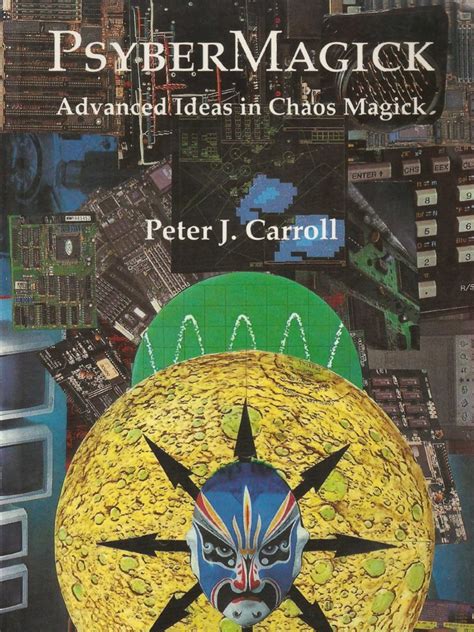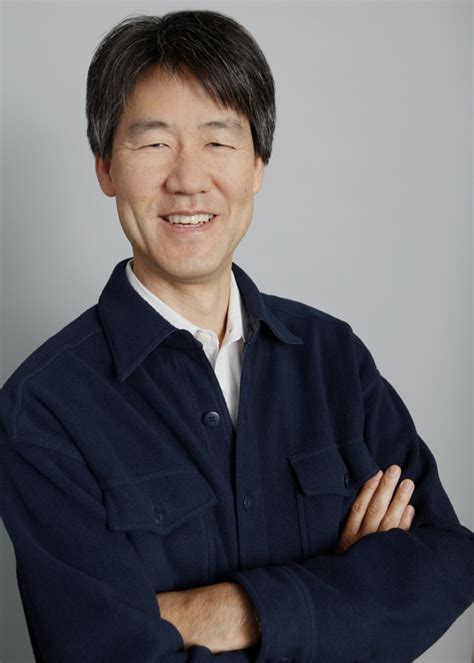A Quote by Dag Hammarskjold
Destiny is something not be to desired and not to be avoided. a mystery not contrary to reason, for it implies that the world, and the course of human history, have meaning.
Related Quotes
To assert that the universe has a purpose implies the universe has intent. And intent implies a desired outcome. But who would do the desiring? And what would a desired outcome be? That carbon-based life is inevitable? Or that sentient primates are life's neurological pinnacle? Are answers to these questions even possible without expressing a profound bias of human sentiment? Of course humans were not around to ask these questions for 99.9999% of cosmic history. So if the purpose of the universe was to create humans then the cosmos was embarrassingly inefficient about it.
It is not contrary to reason to prefer the destruction of the whole world to the scratching of my finger. It is not contrary to reason for me to choose my total ruin, to prevent the least uneasiness of an Indian, or person wholly unknown to me. It is as little contrary to reason to prefer even my own acknowledged lesser good to my greater, and have a more ardent affection for the former than the latter.
Apophenia means finding pattern or meaning where others don’t. Feelings of revelation and ecstasies usually accompany it. It has some negative connotations in psychological terminology when it implies finding meaning or pattern where none exists; and some positive ones when it implies finding something important, useful or beautiful. It thus links creativity and psychosis, genius and madness.
In a very literal way, of course, Shakespeare did change the course of history: when it didn't fit the plot he had in mind, he simply rewrote it. His English histories play fast and loose with chronology and fact to achieve the desired dramatic effect, re-ordering history even as it was then understood.
Human life has no meaning independent of itself. There is no cosmic force or deity to give it meaning or significance. There is no ultimate destiny for man. Such a belief is an illusion of humankind's infancy. The meaning of life is what we choose to give it. Meaning grows out of human purposes alone. Nature provides us with an infinite range of opportunities, but it is only our vision and our action that select and realize those that we desire.
Destiny ... a word which means more than we can find any definitions for. It is a word which can have no meaning in a mechanical universe: if that which is wound up must run down, what destiny is there in that? Destiny is not necessitarianism, and it is not caprice: it is something essentially meaningful. Each man has his destiny, though some men are undoubtedly "men of destiny" in a sense in which most men are not.
The reason for teaching history is not that it changes society, but that it changes pupils; it changes what they see in the world, and how they see it.... To say someone has learnt history is to say something very wide ranging about the way in which he or she is likely to make sense of the world. History offers a way of seeing almost any substantive issue in human affairs, subject to certain procedures and standards, whatever feelings one may have.
A world without right or wrong was a world that did not want itself, anything other than itself, or anything not those two things, but that still wanted something. A world without right or wrong invited you over, complained about you, and gave you cookies. Don't leave, it said, and gave you a vegan cookie. It avoided eye contact, but touched your knee sometimes. It was the world without right or wrong. It didn't have any meaning. It just wanted a little meaning.
Our dreams of bringing the whole of human history under the control of the human will are ironically refuted by the fact that no group of idealists can easily move the pattern of history toward the desired goal of peace and justice. The recalcitrant forces in the historical drama have a power and persistence beyond our reckoning.








































